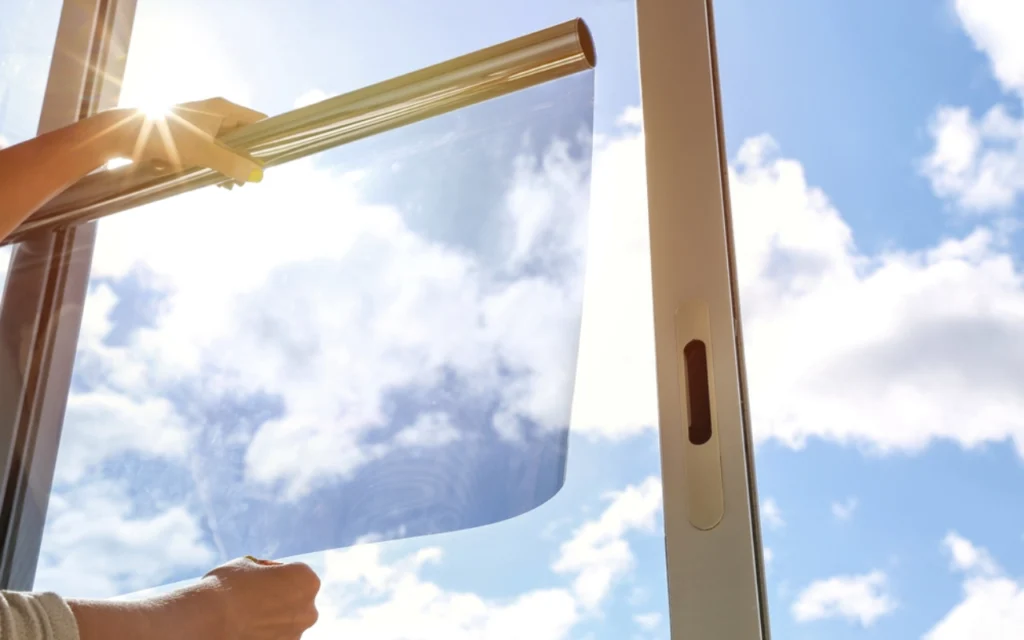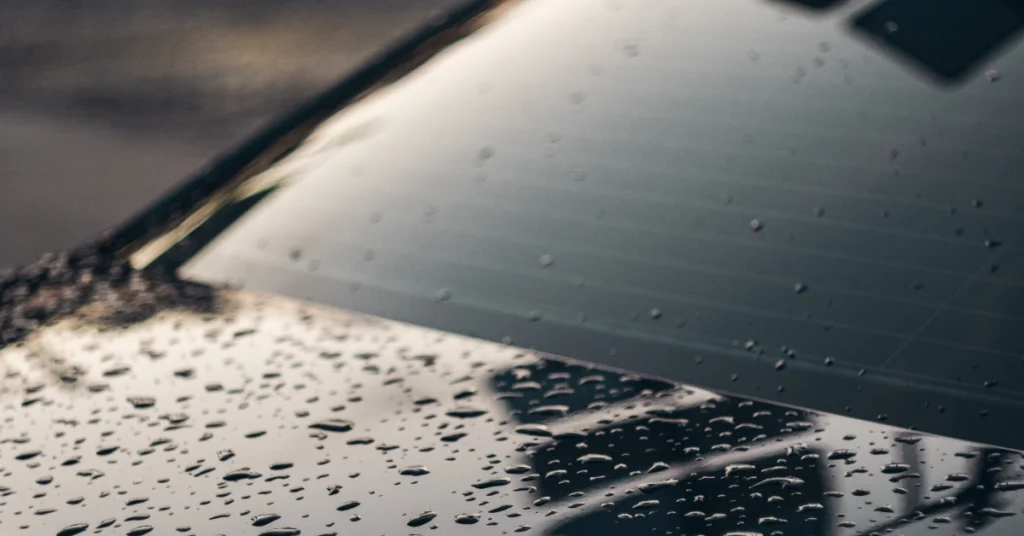
A Comprehensive Analysis for Consumers
Looking to enhance the aesthetic appeal and functionality of your windows? Unsure about if a DIY window tinting approach or a professional is right for you? In this post, we examine the pros and cons of both options, providing you with a comprehensive analysis to help you make an informed decision. Discover the benefits and drawbacks of professional window tinting as well as the ins and outs of DIY window tinting. So, let’s dive in and uncover the key factors you need to consider before choosing the best window tinting method for you.
Explore Why Someone Would Consider Tinting Their Own Windows
Tinting your own windows can be a cost-effective and rewarding option. By choosing to DIY, you have the opportunity to save money compared to hiring a professional. Additionally, precut window tint kits are easily available, making this a viable approach. With the right tools and techniques, DIY window tinting can be a fulfilling project that adds privacy, reduces glare, and enhances the overall aesthetic appeal of your vehicle or home.
Pros of DIY Window Tinting
Doing it yourself offers several advantages. Firstly, it allows for cost savings as it is generally more affordable upfront compared to hiring a professional. Secondly, it provides flexibility as you have the freedom to choose the tinting materials and experiment with different styles as most professionals are limited to the manufacture they are authorized to purchase from. Lastly, engaging in a DIY window tinting project presents an opportunity to learn a new skill and actively participate in a hands-on project, feeding a DIYers sense of accomplishment.
Cons of DIY Window Tinting
There can be many drawbacks to taking on the DIY approach tinting. Firstly, it requires skill and expertise to achieve a flawless result, which may be challenging for beginners. Additionally, it can be a time-consuming and tedious process, especially for those lacking experience. Moreover, without proper knowledge, techniques, and tools, DIY window tinting can result in bubbles, peeling, or an uneven application. Lastly, the service or product may have limited or no warranty if not installed by a professional.
Why Use a Professional Window Tint Installer
- Quality and Expertise: Professional installers have the necessary skills and experience to deliver high-quality results.
- Proper Equipment and Materials: Professionals use specialized tools and premium materials, ensuring a long-lasting and visually appealing result.
- Timesaving: Hiring a professional installer saves you time and effort, as they can complete the job efficiently.
- Warranty and Guarantees: Reputable professionals often offer warranties or guarantees on their work, providing peace of mind.
Should I DIY My Window Tinting Project
While DIY window tinting may offer cost savings and a sense of accomplishment, it is important to consider the potential challenges and risks involved. Hiring a professional installer ensures expert craftsmanship, access to quality materials, service or product warranties and a hassle-free experience. Ultimately, the choice between professional tinting and doing it yourself depends on your priorities, skill level, and desired outcome.
Still Considering the Do-It-Yourself Approach
Here are some common items needed for your DIY tinting project:
- Film: First and foremost, you’ll need to decide on and order material for your project. As a consumer you will be limited to purchasing from distributor or online retailer.
- Tools: There are many types of specialty tools, but here are some items every installer must have:
- Cutting Knife: 9mm snapping blades are best.
- Squeegee: Handled squeegee for installing film and soft 3-to-4-inch squeegee for prep cleaning.
- Hard Card
- Heat Gun: Only necessary for automotive window tinting.
- Spray Bottles: Create a “slip” solution with soapy water. This will be used during the cleaning and install process.
- Towels: Soft, lint free rags are required as they don’t leave behind fibers.


